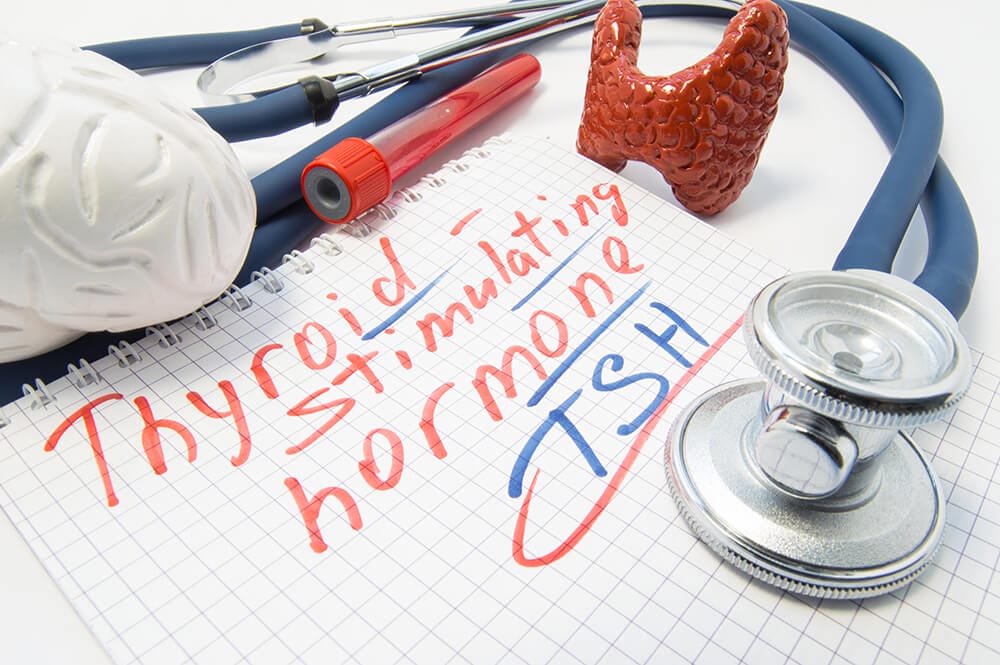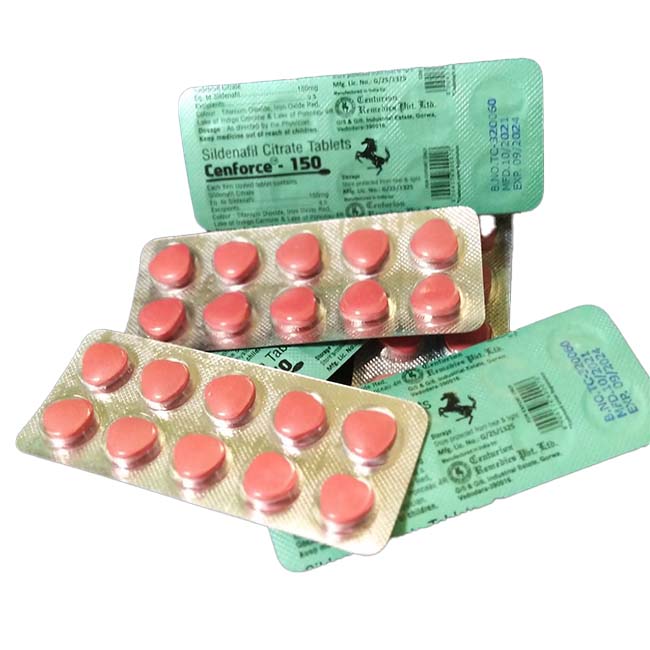According to the National Institutes of Health, over two-thirds of the American population is grappling with overweight or obesity, presenting a concerning statistic. In parallel, supplement companies have seized this opportunity and are capitalizing on the demand. An estimated 15 percent of adults in the United States have turned to dietary weight loss supplements at some stage in their lives, collectively spending a staggering $2.1 billion annually on pill-based alternatives. This widespread utilization underscores the significant influence and financial allure of these products in the quest for weight management.
According to Dr. Mark Moyad, a respected authority in Preventive and Alternative Medicine at the University of Michigan and author of The Supplement Handbook, the persistent obesity epidemic provides a lucrative opportunity for companies seeking to maximize their profits through the development of weight loss pills. However, the irony lies in the fact that while there have been drugs available in the past that effectively facilitated weight loss, they often had detrimental effects on the overall health and well-being of individuals, sometimes causing severe damage to the body. This conundrum highlights the delicate balance between achieving weight reduction and ensuring the preservation of one’s overall health.
Dr. Mark Moyad highlights a striking case in the weight-loss drug realm: Meridia, also known as sibutramine. At one point, Meridia held the title of being one of the most widely purchased weight-loss medications, showing promising results with individuals shedding pounds and experiencing positive outcomes. However, a disconcerting turn of events emerged as reports of fatalities started to surface. Consequently, the drug was swiftly withdrawn from the market, signaling the gravity of the situation and emphasizing the importance of thorough scrutiny and vigilance when it comes to weight-loss interventions.
Dr. Pieter Cohen, an associate professor of medicine at the Harvard-affiliated Cambridge Health Alliance, underscores the alarming incidents associated with weight loss supplements. He recounts distressing case reports involving individuals who were young, seemingly healthy, and devoid of any preexisting heart conditions. Shockingly, after consuming certain weight loss supplements and engaging in physically demanding activities such as running a marathon, these individuals tragically lost their lives. These tragic occurrences serve as a stark reminder of the potential risks involved in the unregulated realm of weight loss supplements and emphasize the need for greater awareness and caution in their usage.
A notable case report sheds light on the unfortunate demise of a runner, directly linked to the consumption of a weight-loss supplement harboring a prohibited substance known as 1,3-dimethylamylamine (DMAA). Dr. Cohen’s extensive research has revealed the presence of DMAA in numerous weight-loss supplements available for purchase within the United States. This distressing incident underscores the inherent dangers associated with the use of such supplements, urging individuals to exercise caution and be vigilant about the substances they expose their bodies to in the pursuit of weight management.
The United States supplement market operates under minimal regulatory oversight, which poses significant concerns regarding the safety and composition of weight-loss products available for purchase online, through infomercials, or in nutrition stores. Dr. Cohen clarifies that these products may harbor a range of hazardous substances, as the lax regulations allow for such inclusion. Furthermore, even if the ingredients themselves are technically approves for consumer use, they can potentially contain chemical variations of banned or dangerous substances, often administered in dosages far surpassing the established safety limits. This emphasizes the need for heightened awareness and caution when considering weight loss supplements, as their unregulated nature can pose serious risks to consumers’ well-being.
“Unlike taking medication, when every tablet has the same quantity, the quality of manufacture for these supplements is not the same.” He speaks.
Dr. Moyad says that just because a diet supplement aids in weight loss does not imply that it is safe. “I don’t want to send the message that pills can never help,” He speaks. “Based on your medical history, your doctor may prescribe additional measures in addition to diet and exercise to aid in weight loss.”
Only a discussion with your doctor can tell you if the negative effects of prescription-grade weight reduction drugs are greater than the bad effects of living with obesity. But, when it comes to over-the-counter weight-loss pills, the hazards often exceed the benefits. Apart from death, here are six things to remember.

You Might Cause Heart Damage
According to Dr. Moyad, many weight-loss medications work by increasing your body’s metabolism and heart rate in order to increase the number of calories you burn.
These medicines may induce irregular heartbeats (arrhythmias) and damage or dysfunction in your heart valves because they artificially raise your heart rate, he explains.
“You might potentially harm the heart muscle,” he says. All of these might lead to a heart attack or cardiovascular illness later in life.
You Increase your Risk of stroke
“In general, many of these [substances found in weight-loss supplements] are stimulants, which means they work by stimulating the heart to pump faster,” explains Dr. Cohen. “The risks of this type of stimulation include increased blood pressure, which could lead to a stroke or brain bleeding.”
If you’re taking an over-the-counter supplement, you must worry about these side effects. “Caffeine is the safest stimulant I can think of,” Dr. Cohen says. “However, even with caffeine, a tablespoon of pure caffeine is enough to kill the vast majority of people.”
He elaborates that most weight-loss supplements are unauthorized. Even if you’ve never had a problem with such a supplement before, the next batch may also include excessive amounts of one element, perhaps producing difficulties you’ve never had before.
Your Liver May Not Be Working Correctly
Your liver is a major organ. It improves the absorption of supplements, the removal of toxins from the body, and the regulation of blood sugar levels, but consuming a supplement might jeopardize these activities, according to Dr. Moyad.
This is backed up by research. According to 2011 research from Mount Sinai Medical Center in New York, “fat burner” nutritional supplements, which contain several herbal and tree-derived components, may cause severe liver poisoning and failure.
“When you consume these medicines, your liver has to cope with the substances and chemical byproducts, and this might generate a buildup of enzymes that can be hazardous,” Dr. Moyad says. Certain weight-loss medications have also been associated with hepatitis, a kind of liver inflammation that may cause lasting damage or scarring.

Your Skin Might Turn Red and Itch
According to 2011 research publish in the Journal of Medical Toxicology, a weight-loss component known as 2,4-Dinitrophenol (DNP) is prohibited in weight-loss supplements marketed in the United States and Europe, yet this “dangerous chemical” is nevertheless found in weight-loss pills sold online.
Again, it harms your heart rate and metabolism. The research did discover, however, that the most prevalent negative effect of DNP overdose is itchy, irritated skin caused by an allergic response. According to the study’s authors, liver impairment may also cause skin yellowing.
Your Vision May be Impaired
According to the same study, DNP can cause cataracts and other vision problems.
Cataracts – clouded flaws on your eye’s lens — may develop fast after using DNP owing to alterations in blood-cell health and production. According to the study’s authors, this may result in irreversible eyesight loss as well as concerns with light-dark perception.
You May Experience Dizziness and Ringing in Your Ears
The words “green tea extract” on a supplement label may appear comforting, as though the product is “natural” and hence safe.
Even though drinking ordinary green tea is safe, Consumer Reports classified green tea extract as one of 15 supplement components “to always avoid,” citing studies that tie the extract to dizziness, ringing in the ears, poor iron absorption, raised blood pressure, and liver damage.
Many of these negative effects are also linked to green tea extract, according to a recently released consumer information brief from the National Institutes of Health.
Conclusion:
In conclusion, the exploration of the grave consequences associated with weight loss supplements reveals the critical need for caution and informed decision-making. The evidence highlights the potential risks involved in relying solely on these products for achieving weight management goals. From severe side effects to the presence of harmful substances, the dangers associated with unregulated supplements cannot ignores.
Frequently Ask Questions:
Q: Are all weight loss supplements dangerous?
A: While not all weight loss supplements are inherently dangerous, it is crucial to exercise caution. The unregulated nature of the supplement market means that some products may contain harmful substances or have potential side effects. It is essential to research and consult with healthcare professionals before considering any weight loss supplement.
Q: What are some of the grave consequences of weight loss supplements?
A: The grave consequences of weight loss supplements can include severe side effects such as cardiovascular issues, organ damage, allergic reactions, and even fatalities. Certain supplements may also contain banned or dangerous substances that can pose significant health risks.
Q: How can I ensure the safety of weight loss supplements?
A: Ensuring the safety of weight loss supplements can be challenging due to the lack of regulation. However, you can take certain precautions, such as researching the product, checking for third-party testing and certifications, consulting with healthcare professionals, and being aware of potential side effects and interactions with other medications.
Q: Are there alternative ways to achieve healthy weight loss?
A: Yes, there are alternative ways to achieve healthy weight loss without relying solely on supplements. Adopting a balanced and nutritious diet, engaging in regular physical activity, managing stress levels, getting enough sleep, and seeking guidance from registered dietitians or healthcare professionals can contribute to long-term, sustainable weight loss.
Q: What should I do if I experience adverse effects from weight loss supplements?
A: If you experience adverse effects from weight loss supplements, it is important to seek immediate medical attention. Contact your healthcare provider, explain the symptoms, and provide them with information about the supplement you have been taking. Do not hesitate to call emergency services if the symptoms are severe or life-threatening. Your health and well-being should always be the top priority.







